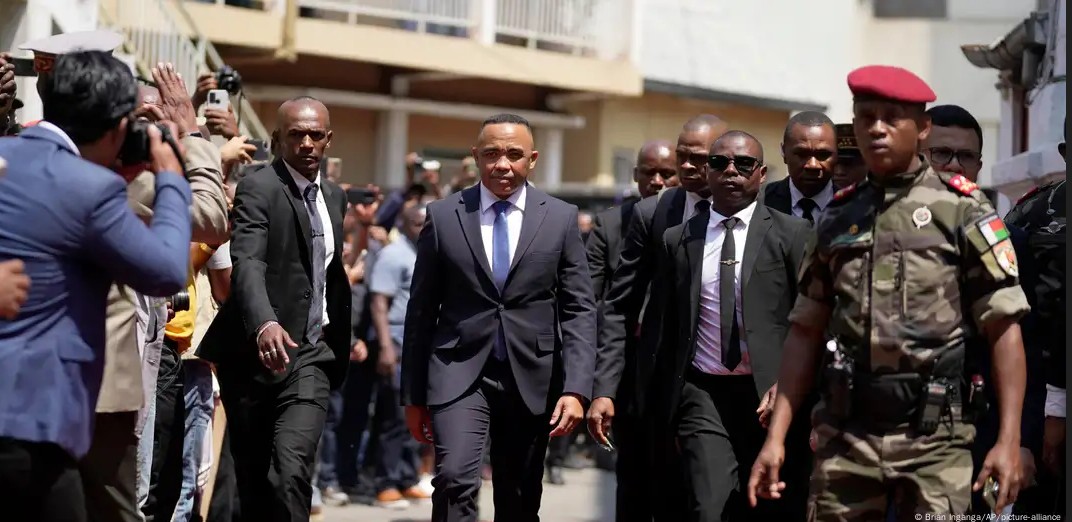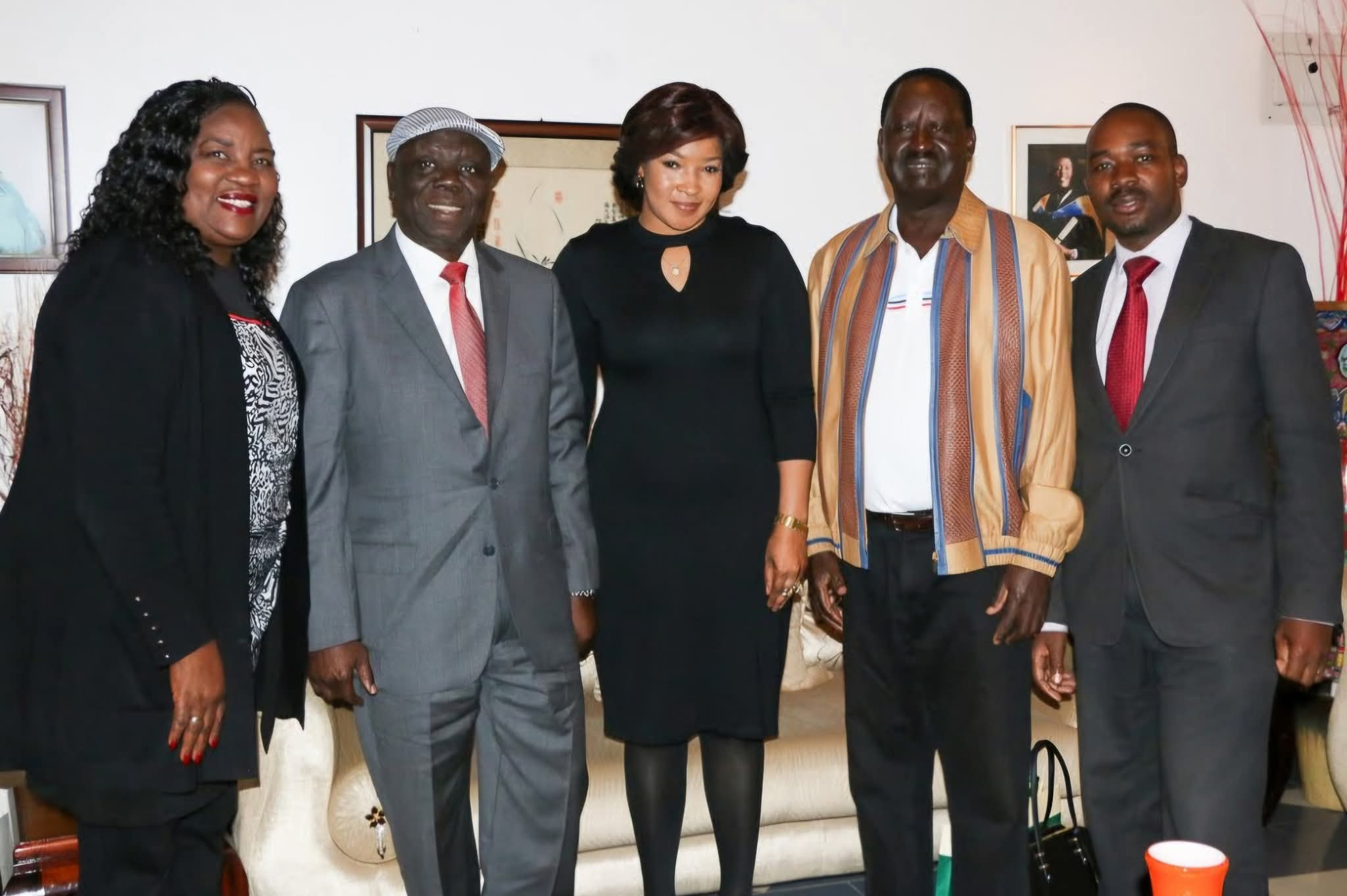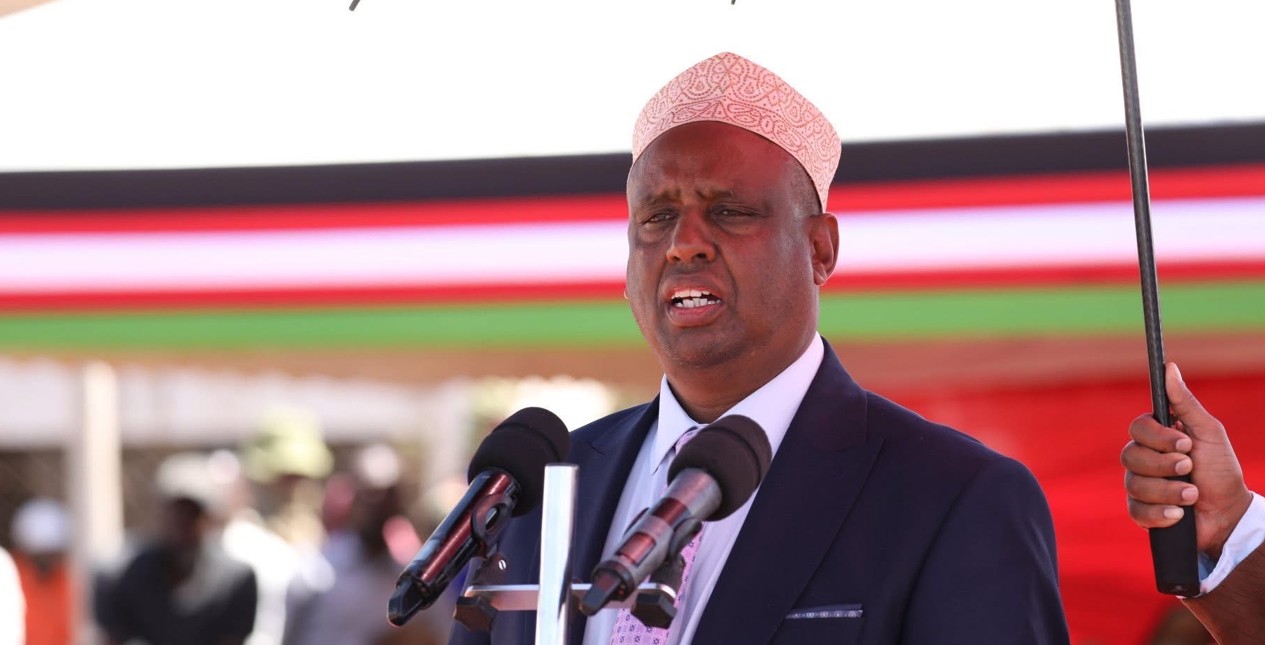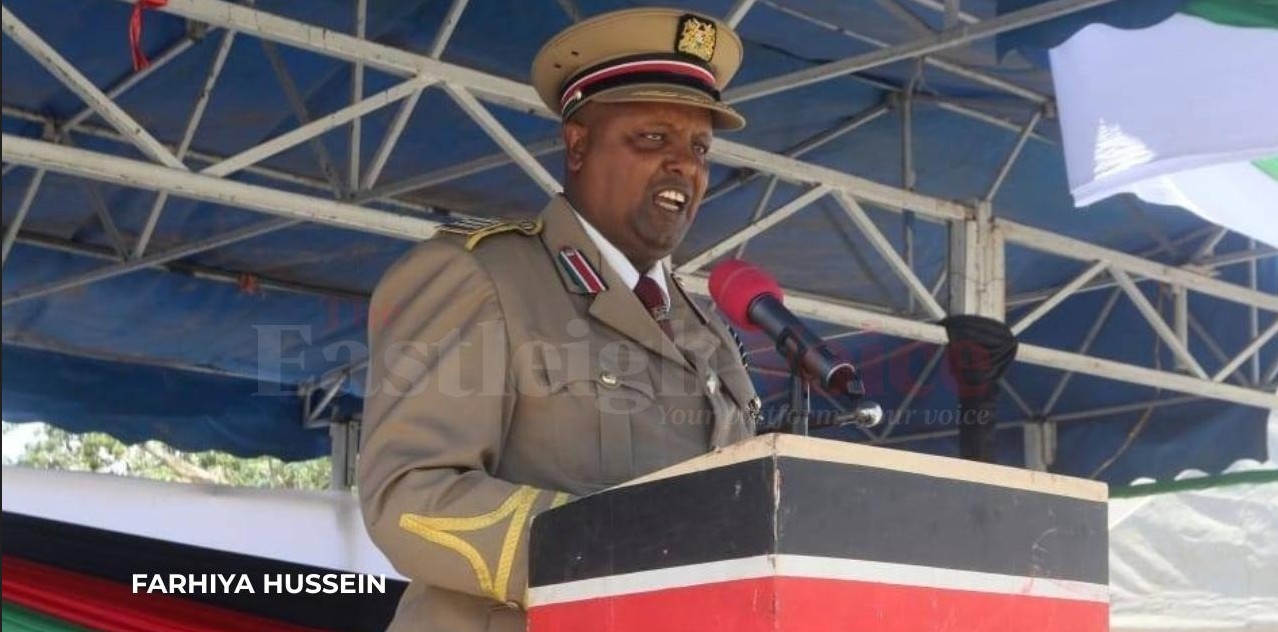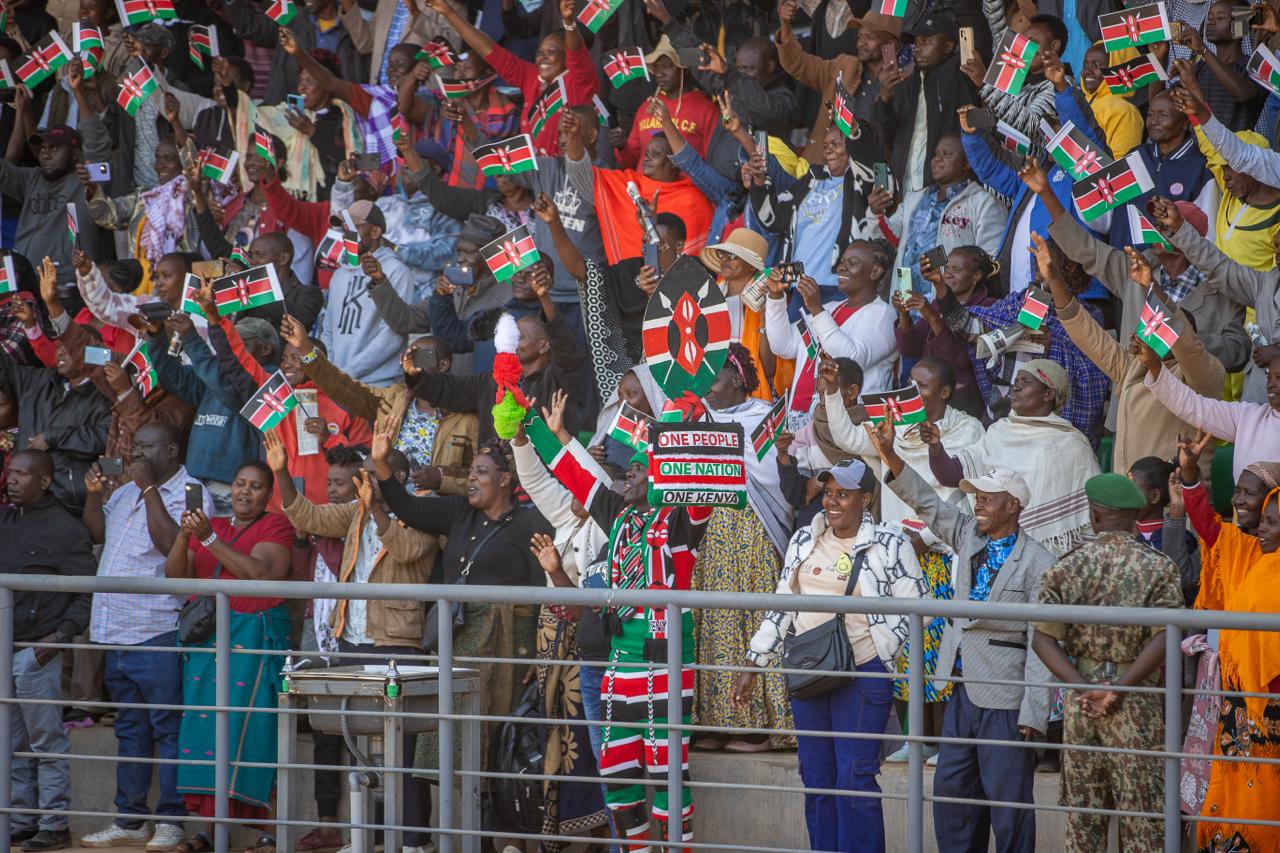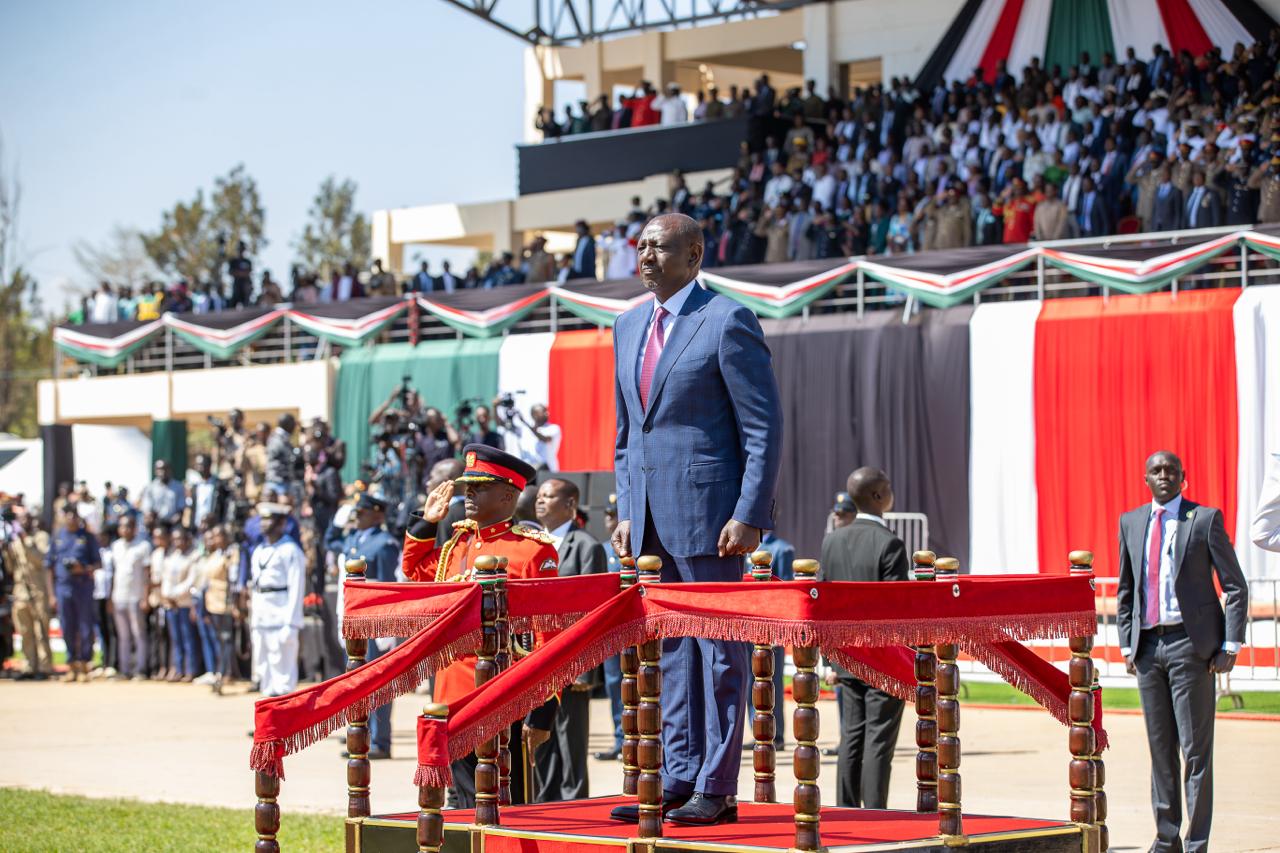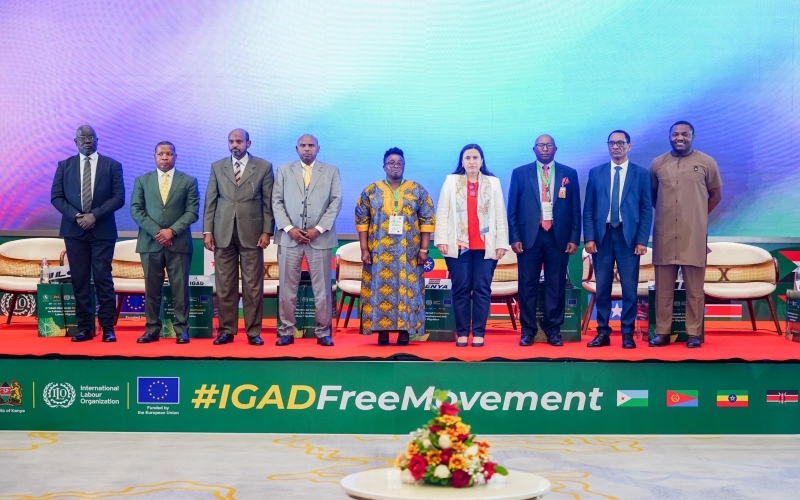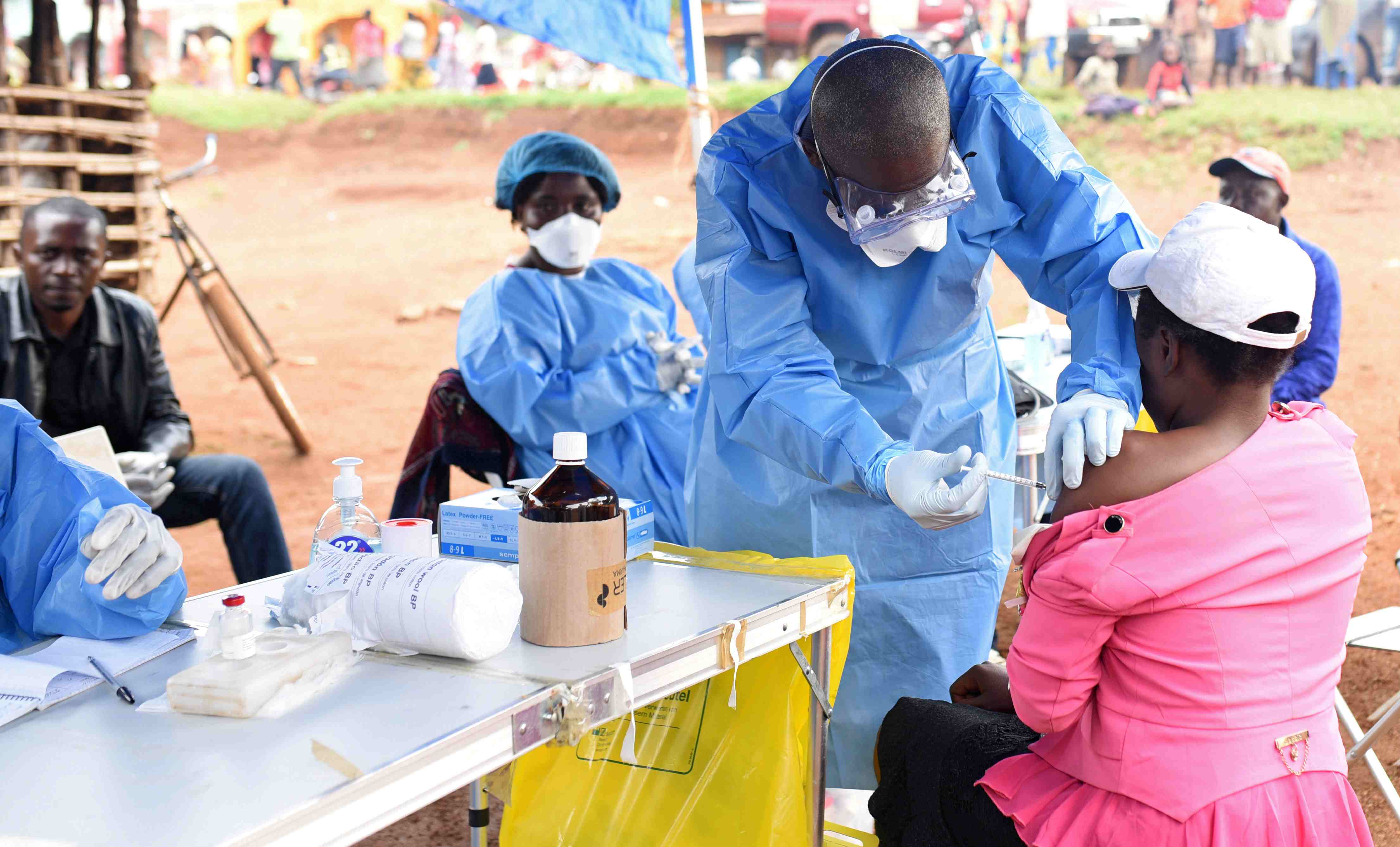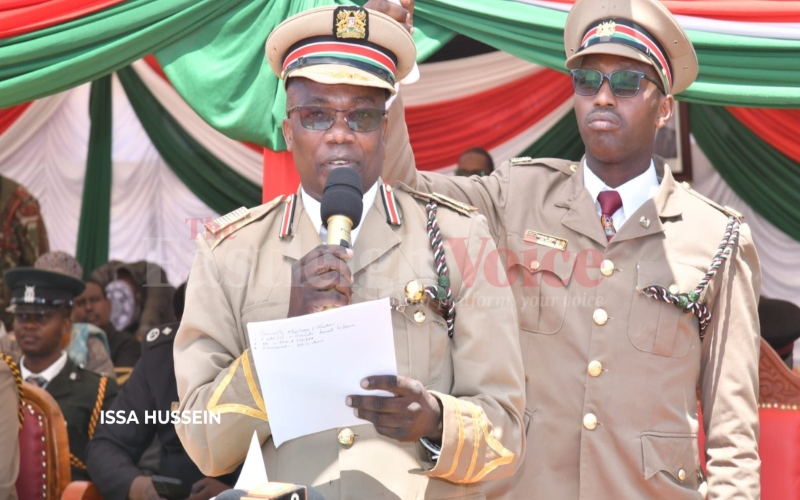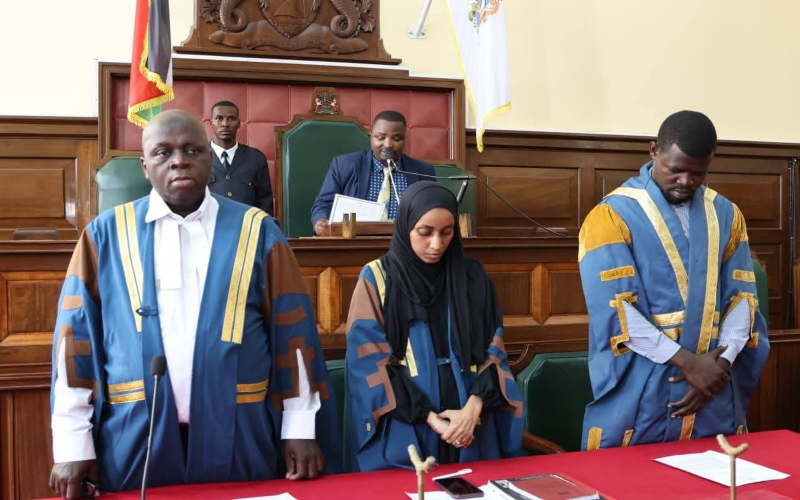UN human rights chief calls for release of Uganda's Kizza Besigye after abduction in Nairobi
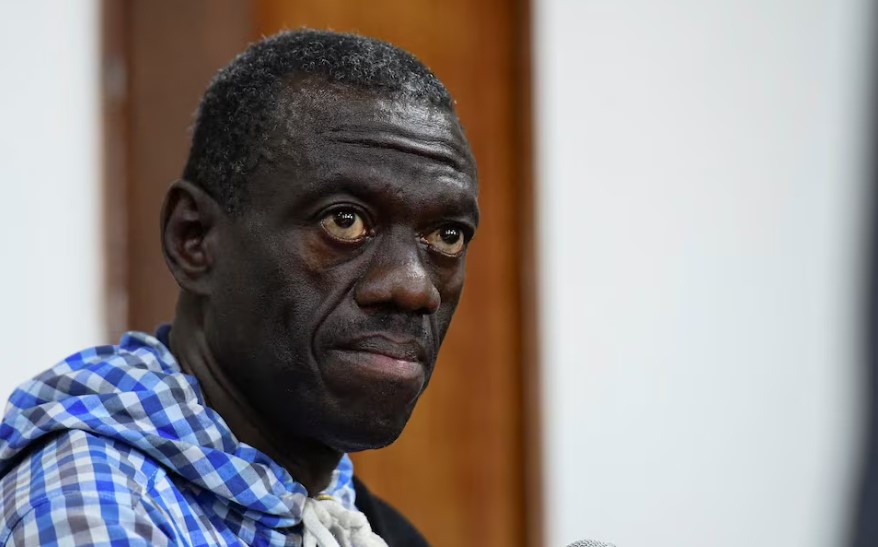
He further expressed shock at the incident that led to Besigye being held incommunicado in detention before he was produced before a military court in Kampala on Wednesday.
United Nations Human Rights Chief Volker Turk has called for the release of Ugandan opposition leader Kizza Besigye following his abduction, forceful return to Uganda and detention at a military jail in Kampala.
In a statement, Volker also urged for a comprehensive probe into the circumstances around his abduction on Saturday in Nairobi.
More To Read
- Non-Aligned Movement ministers renew call for multilateralism at Uganda meeting
- Youth from Kenya, Uganda, Ethiopia, South Sudan urged to lead peace efforts in Karamoja
- Bobi Wine condemns detention of activists Bob Njagi, Nicholas Oyoo in Uganda
- UN Special Rapporteur condemns disappearance of Kenyan activists in Uganda
- Uganda, Somalia sign cooperation deals to boost trade, regional stability
- Senators call for urgent upgrade of Busia Border post to boost trade, ease traffic
"I urge the Government to release him and to ensure any further steps taken on allegations are conducted fully in line with international human rights law. There also must be full investigations into the circumstances of his abduction," the Human Rights boss said.
He further expressed shock at the incident that led to Besigye being held incommunicado in detention before he was produced before a military court in Kampala on Wednesday and charged with firearms and security offences that could attract the death penalty.
"Besigye's forced return to Uganda together with another senior member of the Forum for Democratic Change party, follows the abduction from Kenya in July of 36 other members of the party who were subsequently returned to Uganda and charged with terrorism."
"Such abductions of Ugandan opposition leaders and supporters must stop, as must the deeply concerning practice in Uganda of prosecuting civilians in military courts, in contravention of the country's obligations under international human rights law," he said.
Volker further said that the UN Human Rights Committee - which oversees the implementation of the International Covenant on Civil and Political Rights - has noted that civilians tried in Uganda's military courts do not receive the same due process guarantees as those in civilian courts, and has recommended that Uganda remove, without further delay, the jurisdiction of military courts over civilians.
The remarks come hours after Nairobi denied its involvement in the abduction of Besigye.
"Dr Besigye is a frequent visitor, he comes here privately to engage in private business and engagements. What I'm aware of is there are protocols sometimes that relate to the travel of senior government and opposition leaders. Often, they inform us of their presence in our countries, they can seek some facilitation at the airports and on that basis we are able to even give them security," Foreign Affairs PS Korir Sing'Oei said on JKL Live.
In Besigye's case however, the PS claimed that the government had not been informed about his visit to Nairobi, making it difficult for local authorities to facilitate his trip and offer additional security.
"The circumstances surrounding his travel are not known to us because no information was shared with us before he travelled. We do not know which hotel he was booked to or which apartment he stayed and therefore we were not in a position to necessarily provide him with certain additional security," said the PS.
Top Stories Today
